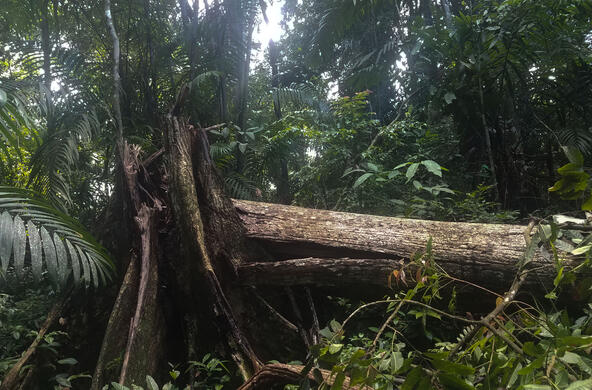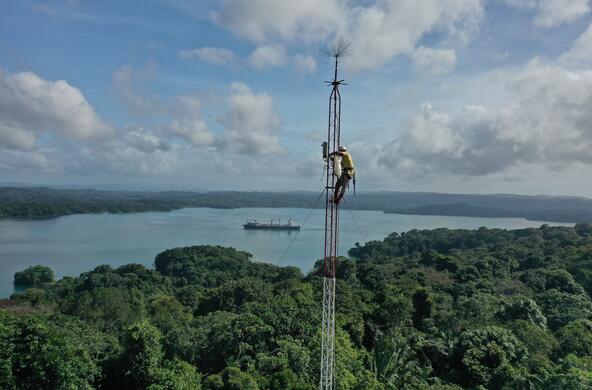There are striking parallels between the 1998 legal settlement with the tobacco companies and ongoing lawsuits that blame the big oil companies for the costs of climate change.
Tobacco spent billions of dollars trying to debunk the medical science that smoking causes lung cancer. Meanwhile, millions of American continued to smoke, many dying prematurely as a result. The tobacco companies provided a product, but the choice to smoke was made by individuals. Setting aside, for the moment, the impacts of “second-hand” smoke, the risk was borne by smokers, but many costs were borne by society at large. Eventually, the states sued the tobacco companies to recover the costs of providing Medicare coverage to smoking victims, winning a group lawsuit that provided a payout of about $200 billion in recovered costs over 25 years.
The big oil companies are known to have spent billions of dollars to convince us that the science of human-caused climate change was wrong or at least inconclusive, even when they knew otherwise from their own scientists. Millions of Americans continued to use fossil fuels, despite the known risks and costs of climate change, now estimated to range as high as $200 billion annually for the United States, per 1o C of warming. The oil companies provided a product, and customers made the choice to buy it. A lot of the costs of climate change will be borne by society at large, through taxes and insurance premiums.
Now cities and states that are likely to be affected by climate change, especially from the costs of sea-level rise are suing to recover anticipated damages. Recently a judge in a Federal District Court dismissed a lawsuit against big oil companies brought by the State of New York, but the litigation continues. Big oil is estimated to have contributed about 11% of the emissions of greenhouse gases to the atmosphere since the Industrial Revolution.
The attribution of the ongoing climate change is a science question, with widespread agreement among scientists about what is responsible and how severe the costs will be. Who should pay those costs is a legal question. The precedent from the tobacco settlement is that the polluters are liable, especially when they knowingly continued their actions. Big oil may win this legal challenge, but it begs the larger question of when our government will begin to take the science of climate change seriously and address emissions of greenhouse gases. This is not the time to “kick-the-can” down the road to the next generation.
References
https://www.bloomberg.com/news/articles/2018-07-19/new-york-s-global-wa…
Hsiang, S. and 11 others. 2017. Estimating economic damage from climate change in the United States. Science 356: 1362-1369.z







